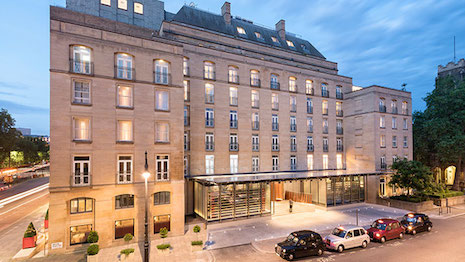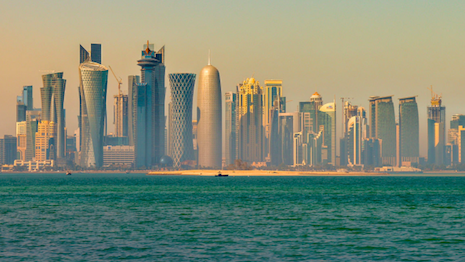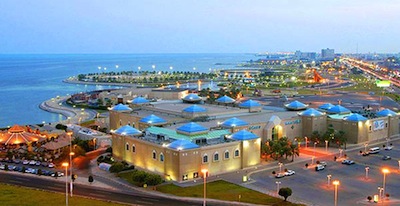 The Berkeley in London is owned by Qatari investors. Image credit: The Berkeley
The Berkeley in London is owned by Qatari investors. Image credit: The Berkeley
The ongoing diplomatic crisis between Qatar and several of its neighboring countries has not been resolved, and further blockades and tensions are beginning to drag countries from Europe into the mix as well.
Both Qatar and Saudi Arabia, the latter considered to be leading the blockade of the former, have numerous diplomatic and financial ties to countries in Europe. As the diplomatic blockade continues, those countries and their respective luxury travel and hospitality markets will have some serious decisions to make.
"Qatar has invested heavily in the UK," said Chris Ramey, president of Affluent Insights, Palm Beach, FL. "But, no civilized country will support terrorism.
"The UK should not allow itself to be on the wrong side of history."
Diplomatic blockade
Last week, a diplomatic crisis boiled over in the Middle East between the small peninsular nation of Qatar and a group of its larger neighbors, led by Saudi Arabia.
Bahrain, Saudi Arabia, Yemen, Egypt, the United Arab Emirates, Libya and the Maldives all completely cut diplomatic ties with Qatar over allegations that the country is a state sponsor of terrorist groups.
Many were hoping the conflict would be resolved quickly, not least of which Turkey, which offered to mediate discussions to solve the issue. However, the blockade has continued.
It has gotten to the point where Qatar, which gets a majority of its food by truck through Saudi Arabia, has had to have food airdropped into the county and shipped by sea.
Qatar has been cut off by many of its neighbors. Image credit: Wikimedia
Now, Qatar has requested that the UK, which has strong diplomatic and financial ties to the country, condemn the blockade and urge Saudi Arabia and others to lift the sanctions.
This has put the UK in an uncomfortable position. While Qatar owns a significant number of luxury hotels in London, Saudi Arabia has also been a strong ally to the UK for years.
By way of mediation, the UK urged Saudi Arabia to lift the blockade, but did not condemn it as requested.
Other European nations with ties to Qatar have also weighed in. For example, Italy announced that it would continue to do business with Qatar regardless of the blockade.
Several landmark London hotels are now under Qatari ownership, including Claridge’s, The Berkeley and The Connaught.
While the impact on Qatari luxury of this crisis has already been explored, the potential impact on the areas of European luxury that have Qatari or Saudi relations are still being uncovered.
Conflicting interests
Many western nations have been developing their economic relationships with Saudi Arabia, specifically when it comes to travel and hospitality. For example, Fairmont has been working on expanding its presence in the area.
During the Arabian Hotel Investment Conference (AHIC) in Dubai, United Arab Emirates April 27, Fairmont announced its plans to develop hotels in Taghazout Bay, Morocco and Al Khobar, Saudi Arabia. These openings will bring Fairmont’s count in the Middle East, Africa and India (MEAI) region up to 20 by 2020 (see story).
Al Khobar, Saudi Arabia. Image credit: Fairmont
Four Seasons has also unveiled the first women-centric Saudi Arabian travel experience.
Taking into account cultural differences, the female traveler program sets out to make women traveling alone feel safe and welcomed in the Arab kingdom. The program includes specialized check-ins, room placement, in-room amenities and a women-only gym (see story).
These efforts have been normalizing luxury relationships between Saudi Arabia and the western world. But with the growing crisis and the pleas from Qatar for western nations to take a side, these relationships could become strained.


